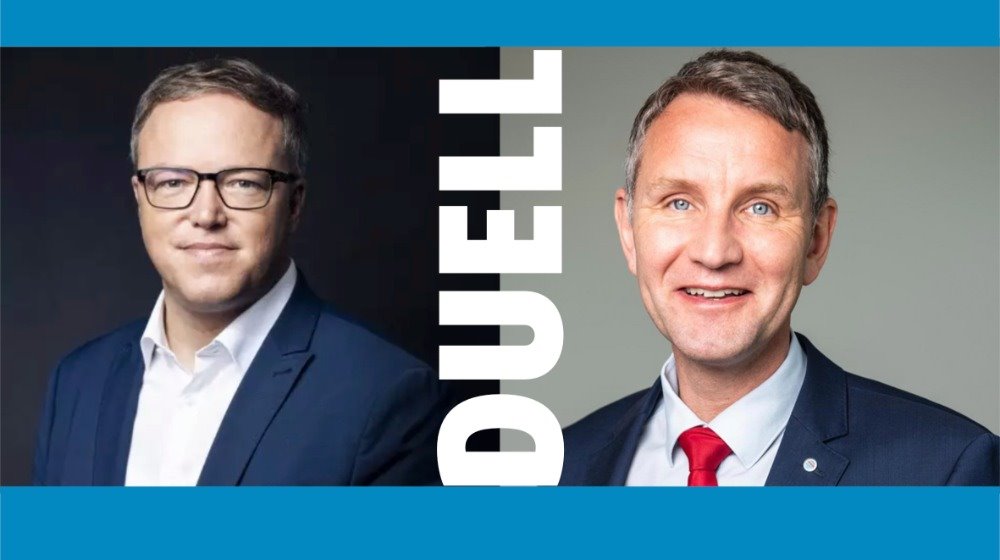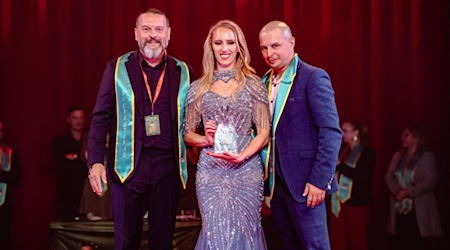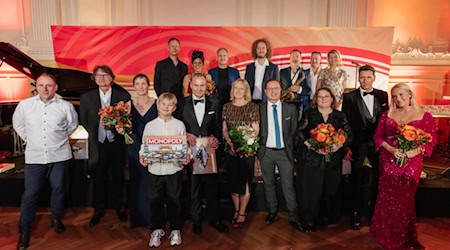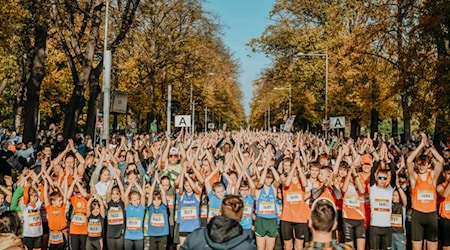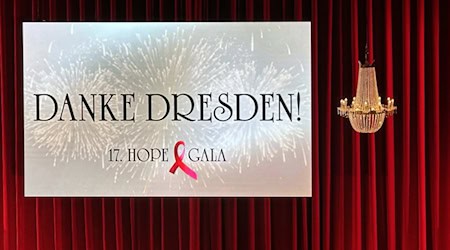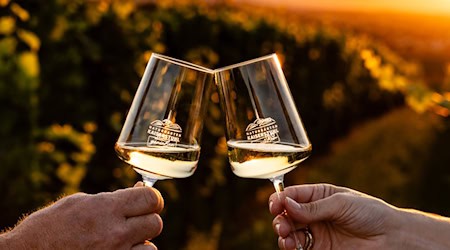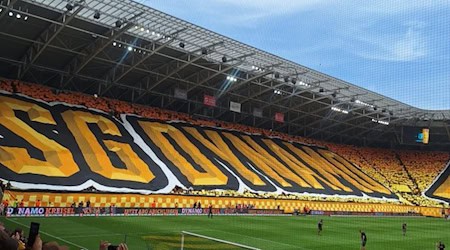The TV duel between Mario Voigt (CDU) and Björn Höcke (AfD) marked a high point in Thuringia's political rivalry. The two politicians faced off in an intense debate to defend their positions on key issues such as Europe, migration, the rule of law, Islam, relations with Russia and the political future of Thuringia. This article analyzes the duel and classifies the candidates' statements.
Europe and the German economy
The discussion began with the question of the importance of the EU for the German economy, in which Mario Voigt emphasized the advantages of European unity and presented himself as a convinced European. Björn Höcke criticized the EU as a "globalization agency" and spoke out in favour of a "federation of European states". Voigt used the opportunity to present his position as the more business-friendly and future-oriented one, while Höcke used rhetoric aimed at skepticism towards current EU policy.
Migration and integration policy
The differences between the candidates were particularly clear in the area of migration. Voigt spoke out in favor of integration through achievement and criticized the AfD for a lack of activity. Höcke, on the other hand, focused on criticizing the refugee policy of recent years and suggested focusing on supporting German families and repatriating German emigrants. This debate underlined the polarizing views on migration in Thuringia.
The rule of law and freedom of opinion
The debate on the rule of law and freedom of opinion produced one of the sharpest arguments of the duel. While Voigt emphasized the importance of the rule of law and presented the CDU as the guarantor of its preservation, Höcke complained about a supposed restriction of freedom of expression in Germany. Voigt's consistent defence of the principles of the rule of law positioned him as an advocate of the basic democratic order.
Islam and Russia
On the subject of Islam, Höcke emphasized his position that Islam does not belong geographically in Germany, while Voigt was less confrontational on this point. In the Russia debate, Voigt showed sympathy for the Russian soldiers and spoke out in favor of diplomatic solutions. Höcke's restraint on the issue of arms deliveries to Ukraine and his plea for peace made him appear more cautious than expected.
Political future of Thuringia
At the end of the duel, the focus was on the political future of Thuringia. Voigt made it clear that the CDU would not enter into a coalition with nationalist parties under his leadership, while Höcke signaled his willingness to enter into talks with the CDU. Voigt's rejection of any cooperation with the AfD and his clear positioning for a strong CDU painted a picture of him as a politician who relies on clear values and political stability.
Conclusion
The TV duel between Mario Voigt and Björn Höcke offered a deep insight into the political positions of both candidates. While Voigt presented himself as a level-headed, value-oriented and forward-looking politician who wants to tackle Thuringia's challenges with pragmatic solutions, Höcke focused on polarizing topics and rhetorical acuity. Voigt's strategy of confronting Höcke with concrete questions and facts seems to have worked, especially in the final phase of the duel, in which Höcke lost his aplomb. The voters of Thuringia are facing a decisive election, the outcome of which could be significantly influenced by the visions and arguments presented in the duel.

